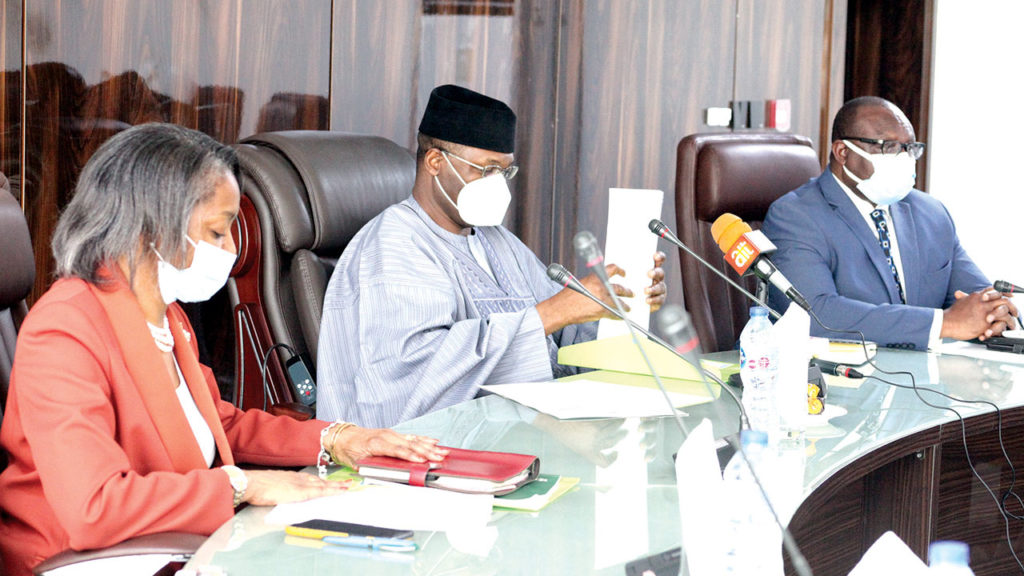• Commission receives 258,000 applications
The Independent National Electoral Commission (INEC) has warned that Nigerians who engage in double voter registration would be liable to one year imprisonment or a fine.
INEC National Commissioner and Chairman (Information and Voter Education Committee), Festus Okoye, disclosed this at a workshop on technological applications in the Continuous Voter Registration (CVR) Process Systems for Heads of Department of ICT in the States and Federal Capital Territory in Lagos.
Section 117 of the Electoral Act 2010 (as amended) criminalises registering more than once and spells out a fine not exceeding N100,000 or imprisonment for one year or both.
“Already registered voters that have no issues with their registration are not supposed to register during this exercise. So doing will amount to double registration and constitute an electoral offence,” he said.
Okoye disclosed that the commission has received 258,000 online applications nationwide since the commencement of the exercise.
Also, addressing journalists and the leadership of political parties in Enugu State on the exercise, INEC’s Resident Electoral Commissioner, Dr Emeka Ononamadu, said the commissions targets over 700,000 new registrants and transfers in the state.x
He said the commission has introduced a dedicated portal for the exercise. “We hope that through this portal, we shall reduce overcrowding at our registration centres, especially in the context of the COVID-19 pandemic, make the registration processes generally easier, thereby giving Nigerians a pleasant electoral experience.
“You can use your phone, tablet, desktop or laptop or you can use a cybercafé. All you need is a device, including your mobile phones that can connect to the Internet and citizens can complete the online pre-registration anywhere and at any time they choose,” he said.
Ononamadu furthermore expressed concern over threats to the security of registrants and staff of the commission during the exercise. He noted that hoodlums recently attacked INEC’s state office and two local government offices to undermine the commission’s capacity to organise elections and other electoral activities.

